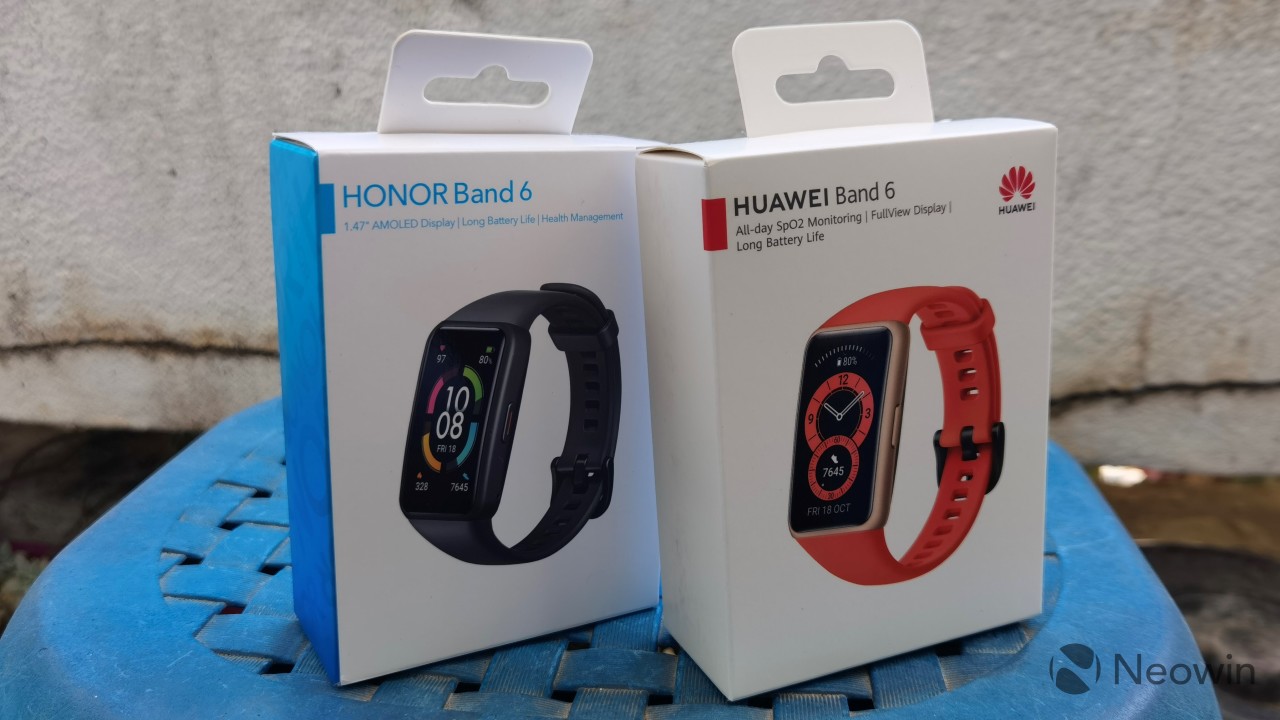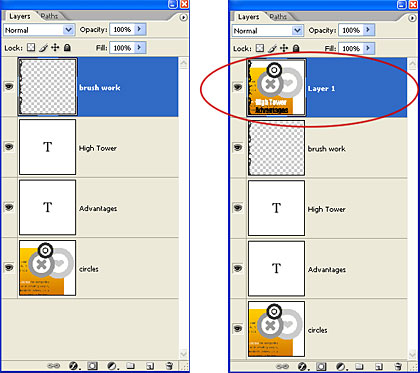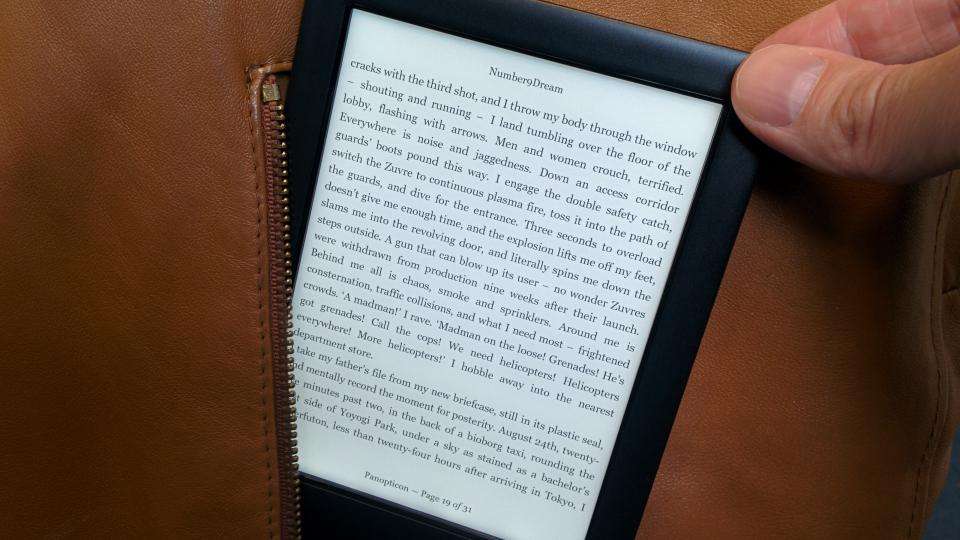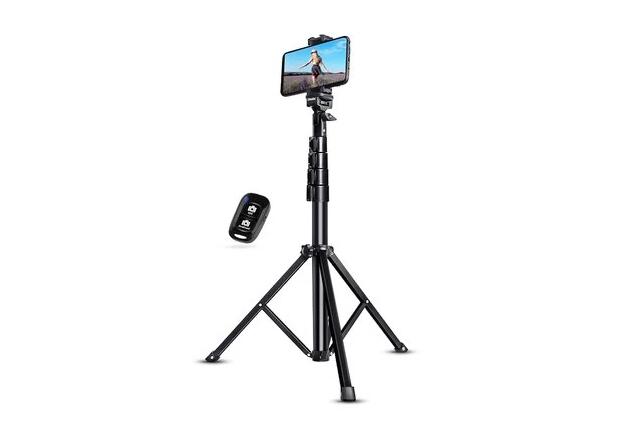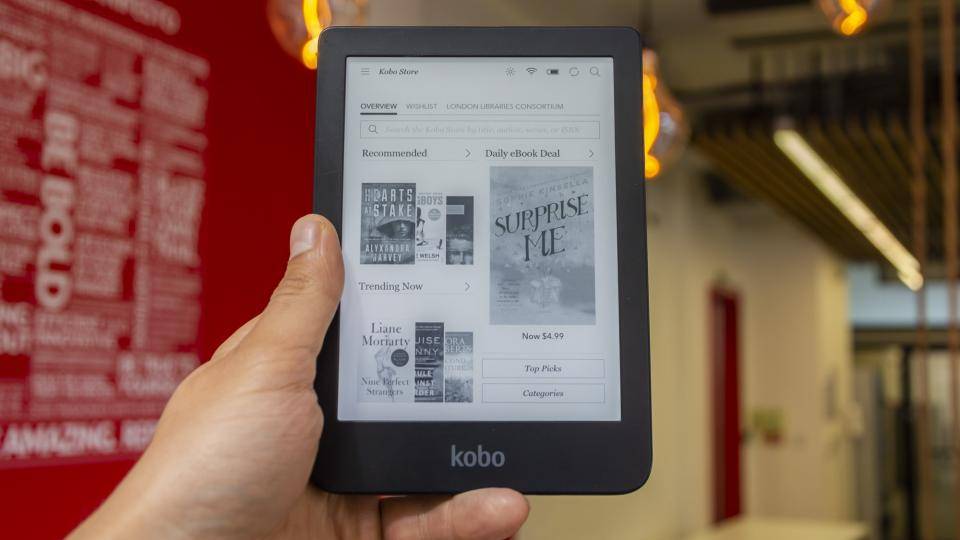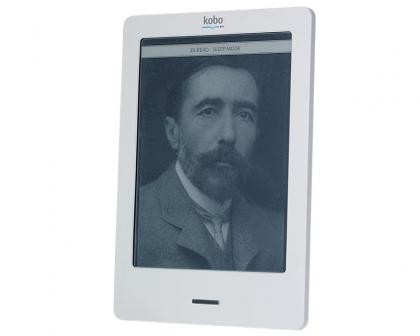Low blood pressure, or hypotension, can be concerning when it drops too low, as it might lead to dizziness, fainting, and even life-threatening situations if untreated. Monitoring and maintaining blood pressure levels within a healthy range is crucial for ensuring the proper functioning of the organs. Especially to know what causes low blood pressure in seniors matters a lot. Devices like the HUAWEI WATCH D2, equipped with advanced technology, can offer accurate and ongoing monitoring, providing real-time insights and early warnings for potential health issues related to blood pressure.

Causes of Low Blood Pressure
Several factors can cause low blood pressure, varying from lifestyle choices to underlying health conditions. It’s essential to understand these causes to manage and prevent hypotension effectively.
Dehydration and Its Impact on Blood Pressure
Dehydration plays a significant role in decreasing blood pressure levels. When the body loses more fluids than it intakes, it hampers the volume of blood, which lowers blood pressure. This condition can occur due to excessive sweating, vomiting, diarrhea, or insufficient water intake. The HUAWEI WATCH D2 can help by monitoring your activity levels and providing reminders to stay hydrated, ensuring that fluid levels in your body remain optimal and consistent.
Heart-Related Causes
Heart conditions significantly influence blood pressure. Problems such as heart valve issues, low heart rate (bradycardia), and heart failure can lead to insufficient blood pumping, causing low pressure. Devices like the HUAWEI WATCH D2, with its Beat-by-Beat ECG analysis, offer precise heart health monitoring, detecting abnormalities and alerting users to seek medical attention promptly.
Endocrine Disorders and Blood Pressure
Endocrine disorders, such as thyroid disease, Addison’s disease, and low blood sugar (hypoglycemia), affect blood pressure regulation. These conditions disrupt hormone levels, leading to an imbalance in blood pressure. Regular health monitoring using comprehensive systems like Health Glance reports from HUAWEI WATCH D2 can help detect these issues early, allowing for timely intervention.
Tips for Managing Low Blood Pressure
Managing low blood pressure effectively involves lifestyle modifications and the use of advanced technology for continuous monitoring. Here are some practical tips:
Drink Plenty of Fluids
Keeping hydrated is fundamental in maintaining adequate blood volume and pressure. Drinking eight glasses of water daily is generally recommended. The HUAWEI WATCH D2 can track your fluid intake and remind you to stay hydrated during activities, enhancing your well-being.
Eat Small, Frequent Meals
Eating small meals frequently can prevent sudden drops in blood pressure caused by large meals. Large meals cause blood to rush to the digestive system, leading to lower blood pressure in other body parts. Opt for balanced meals rich in lean proteins, whole grains, fruits, and vegetables. Advanced watches like HUAWEI WATCH D2 can assist in monitoring your meal patterns, helping you maintain regular and healthy eating habits.
Wear Compression Stockings
Compression stockings can help improve blood flow from the veins in your legs back to your heart, preventing blood from pooling in the legs. This method is especially useful for those who experience dizziness or fainting caused by orthostatic hypotension. Regular wear can significantly stabilize blood pressure levels.
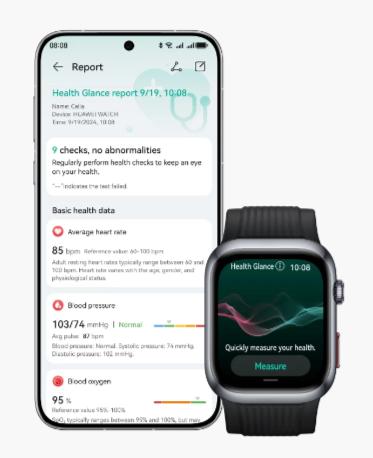
Avoid Sudden Posture Changes
Changing positions slowly from sitting to standing can prevent orthostatic hypotension. Sudden movements might cause a sharp drop in blood pressure, leading to dizziness or fainting. Using the HUAWEI WATCH D2, which offers real-time health insights and alerts, you can be reminded to stand or move gradually, reducing the risk of sudden blood pressure changes.
Conclusion
Managing low blood pressure involves understanding its causes and making appropriate lifestyle changes to address them. Incorporating advanced health-monitoring technology like the HUAWEI WATCH D2 can provide continuous insights into your health by tracking blood pressure, heart rate, hydration levels, and more. Staying informed and proactive in managing blood pressure can significantly improve overall health and prevent complications associated with hypotension.

